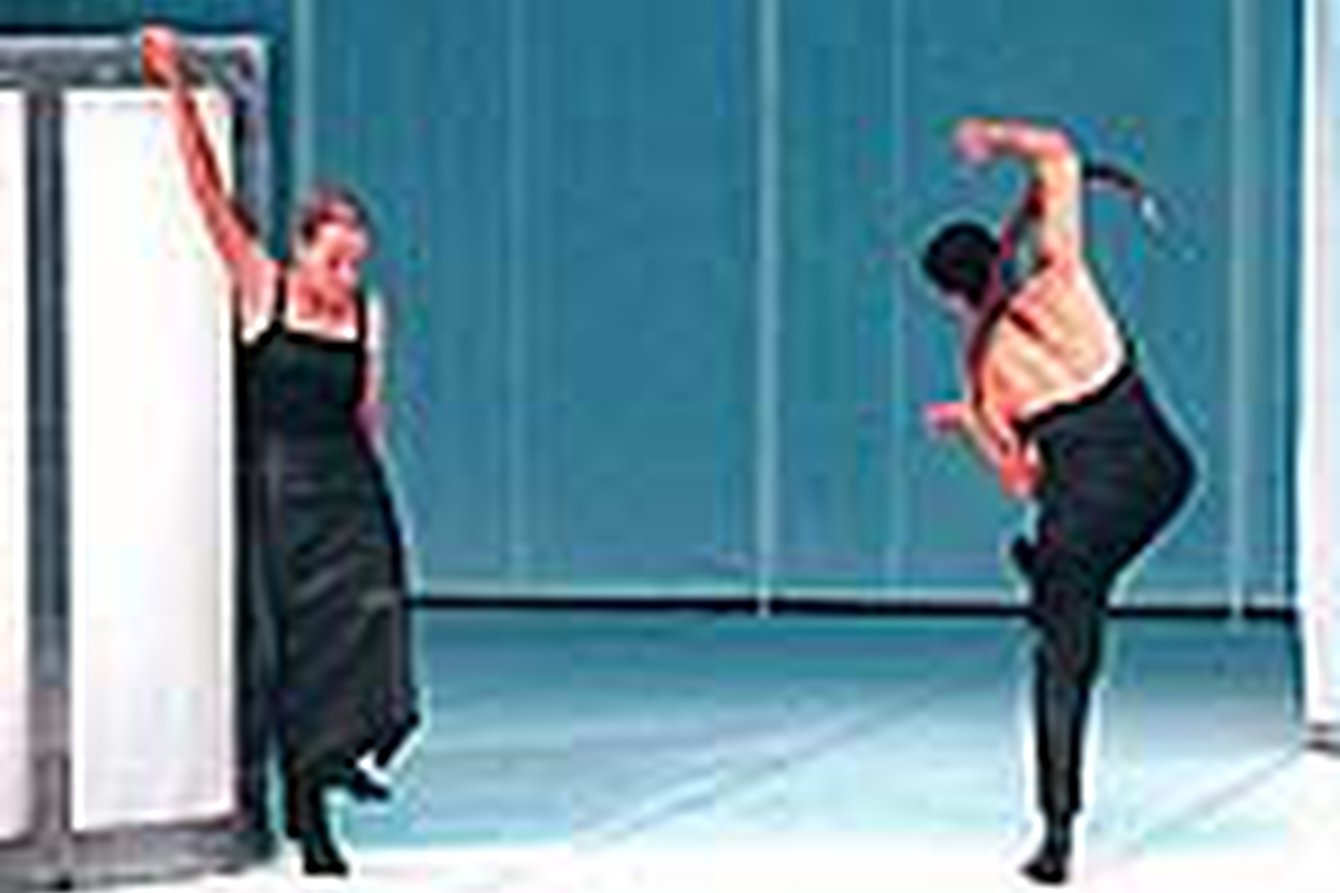Reinhild Hoffmann
... was born on 1 November 1943 in Sorau /Silesia. After her studies of stage dance and dance pedagogy at the Folkwang University in Essen under the supervision of Kurt Joos, she obtained a position as dancer at the Free Hanse town Bremen under the choreographic direction of Johann Kresnik. In 1974, she carried out her own first choreographic work, from 1975 to 1977 she was director of the Folkwang Dance Studio together with Susanne Linke. A grant from the North Rhine-Westphalian Ministry of Culture enabled Hoffmann to spend ten months in New York. From 1978 to 1986, she was director of the Bremen Dance Theatre (until 1981 together with Gerhard Bohner); in 1986 the "Reinhild Hoffmann Dance Theatre" changed to the Bochum Schauspielhaus (until 1995). Her plays performed at theatres in Bremen and Bochum were shown in many international guest performances; four plays were selected for theatre festivals in Berlin. Reinhild Hoffmann has obtained numerous awards; including: in 1983 the Critics' Award, in 1992 the Federal Cross of Merit First Class and in 1997 she was elected to be a member of the Academy of Arts.
Since 1995, Reinhild Hoffmann has been working as a freelance choreographer, dancer and director and has received invitations to be a guest teacher. The focal point of her work has been placed on opera and contemporary music theatre. She has produced amongst others, "The Diary of One Who Disappeared" (Leo Janacek) and "Pierrot Lunaire" (Arnold Schönberg) (Frankfurt Opera); with the MusikFabrik - NRW regional ensemble die Uraufführung "(N)(a)(c)(h)(t)" (Friedrich Schenker) for the Wittener Tage for Neue Musik and "John Cage Montage"; "Die tödliche Blume" (Salvatore Sciarrino) (Swiss premiere); "Kafka-Fragmente" by György Kurt&aacure;g as scenic first night for the International Music festival week with the Luzern Theatre as well as Mozart's "Idomeneo" (together with Johannes Schütz), "Don Giovanni" and "Betulia Liberata".
